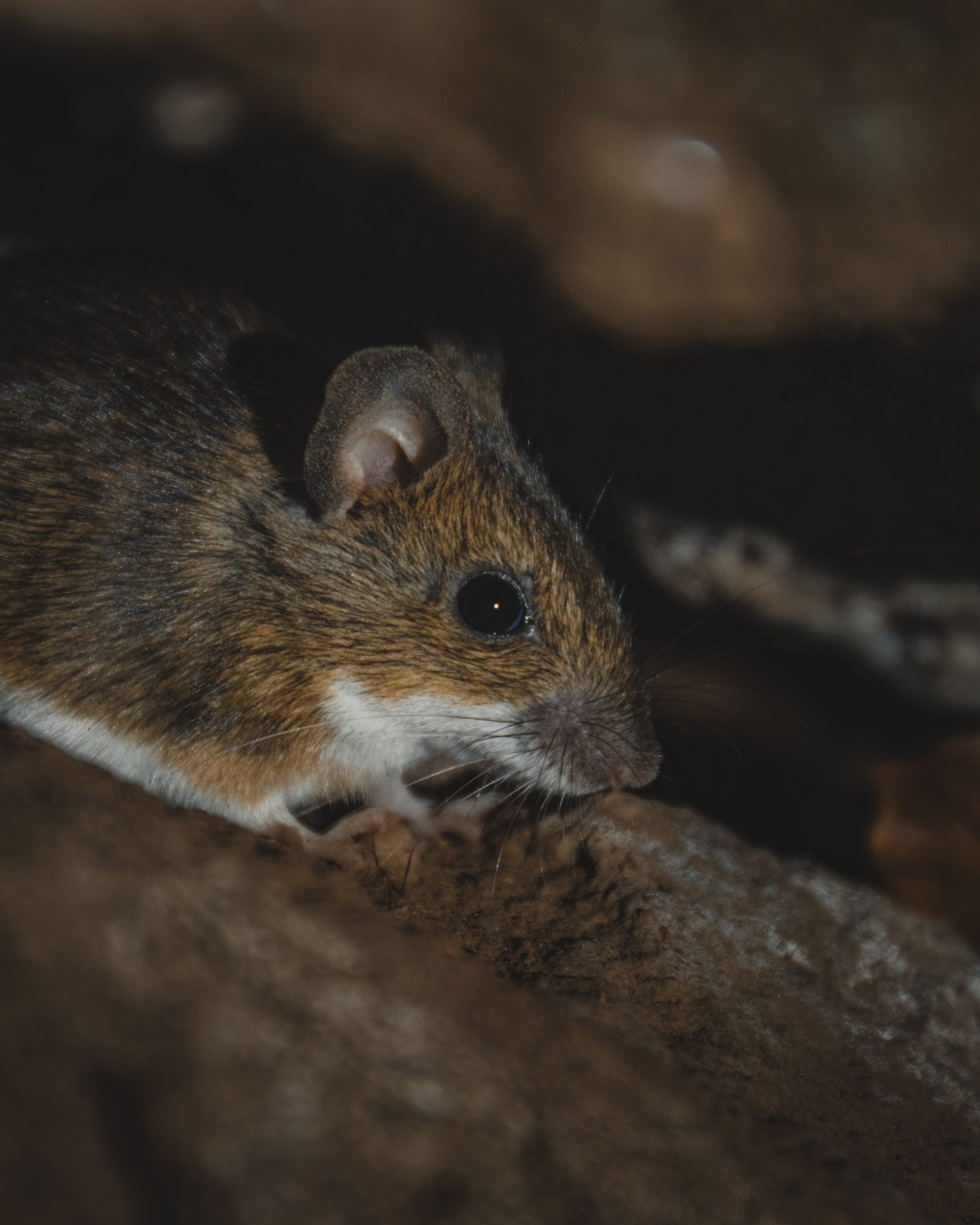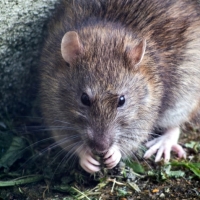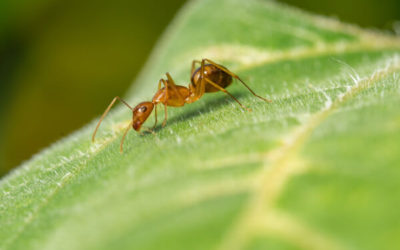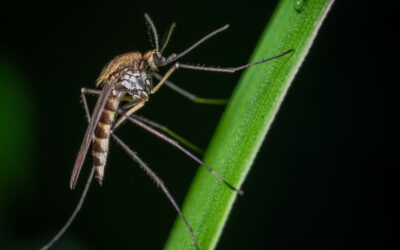
How to scare mice away from my house
Mice are cute, but spotting an unwanted mouse in your home can be a frustrating and unsettling experience. These tiny rodents can cause a lot of damage, contaminate your food, and even spread diseases within your home.
If you’ve noticed mice in your home, or want to know how to scare them away from your house without resorting to harmful chemicals or traps, you’re in the right place!
Seal entry points
Mice are very small, which means that they can enter your home even through the tiniest cracks and gaps. Start by thoroughly inspecting the exterior of your house for potential entry points. Seal openings with caulk, weatherstripping, or steel wool.
Pay close attention to gaps around windows, doors, vents, and pipes.
Keep it clean
While seeing mice in your house doesn’t mean that you’re filthy, it is true that a clean and tidy home is less attractive to mice.
Be sure to keep food stored in airtight containers, and promptly clean up crumbs and spills. Regularly take out the trash, too.
Mice are instinctively drawn toward accessible food sources, so eliminating all possible temptations is a great way to deter them. They also enjoy cluttered and disorganized spaces where they have plenty of room to hide and nest.
Make it a point to declutter storage areas, like basements and attics, and keep your items stored in sturdy, sealed containers. Minimizing possible hiding spots can make it much harder for mice to establish a presence in your home.
Natural repellants
While some mouse infestations might require the services of a professional, you can always try out some natural repellants first.
Substances like peppermint oil, clove oil, and cedarwood oil are all repellent to mice. Soaking cotton balls in these oils and placing them in areas where mice might enter or gather can discourage them from coming in or sticking around.
As an added bonus, peppermint oil is a natural deterrent for all kinds of pests, from spiders to cockroaches!

Repellent devices
Ultrasonic repellent devices emit high-frequency sound waves that are inaudible to humans, but irritating to mice. These devices can be plugged into outlets in your home.
Keep in mind that their effectiveness might vary, and they usually work best in combination with other prevention methods.
Natural predators
While feral cats can be invasive and problematic themselves, they do function as pest control for mice. Birds of prey, like owls and hawks, are also known to hunt mice.
You can encourage these predators to visit your property by providing nesting boxes, bird feeders, or treats.
Leave it to the pros
Keeping mice away from your home can be achieved through a combination of preventative strategies and maintenance. Making it as difficult as possible for mice to enter and nest in your home, or access food, is definitely effective at deterring them from entering your space.
However, a more serious infestation might require the help of a professional pest control service. If you’re dealing with a mouse problem and aren’t sure what to do next, give West Termite & Pest a call today!
More posts from West Termite, Pest & Lawn
Deterring Ants from Going Into Your Kitchen
Ants are among the most common household pests, and the kitchen, with its abundant food sources and moisture, is a prime target for these tiny invaders. Understanding how to deter ants from entering your kitchen involves a combination of preventative measures,...
Diseases That Rodents Can Bring
Rodents, while often small and seemingly innocuous, are significant carriers of numerous diseases that can pose serious health risks to humans. These pests, including rats and mice, thrive in various environments, often seeking refuge in human dwellings where food,...
Dealing with Mosquito Season
As the weather warms up, many of us look forward to spending more time outdoors, enjoying our yards, and hosting barbecues. However, with the arrival of summer comes the unwelcome presence of mosquitoes. These pesky insects are not just a nuisance; they can also pose...



